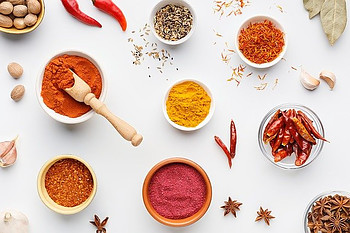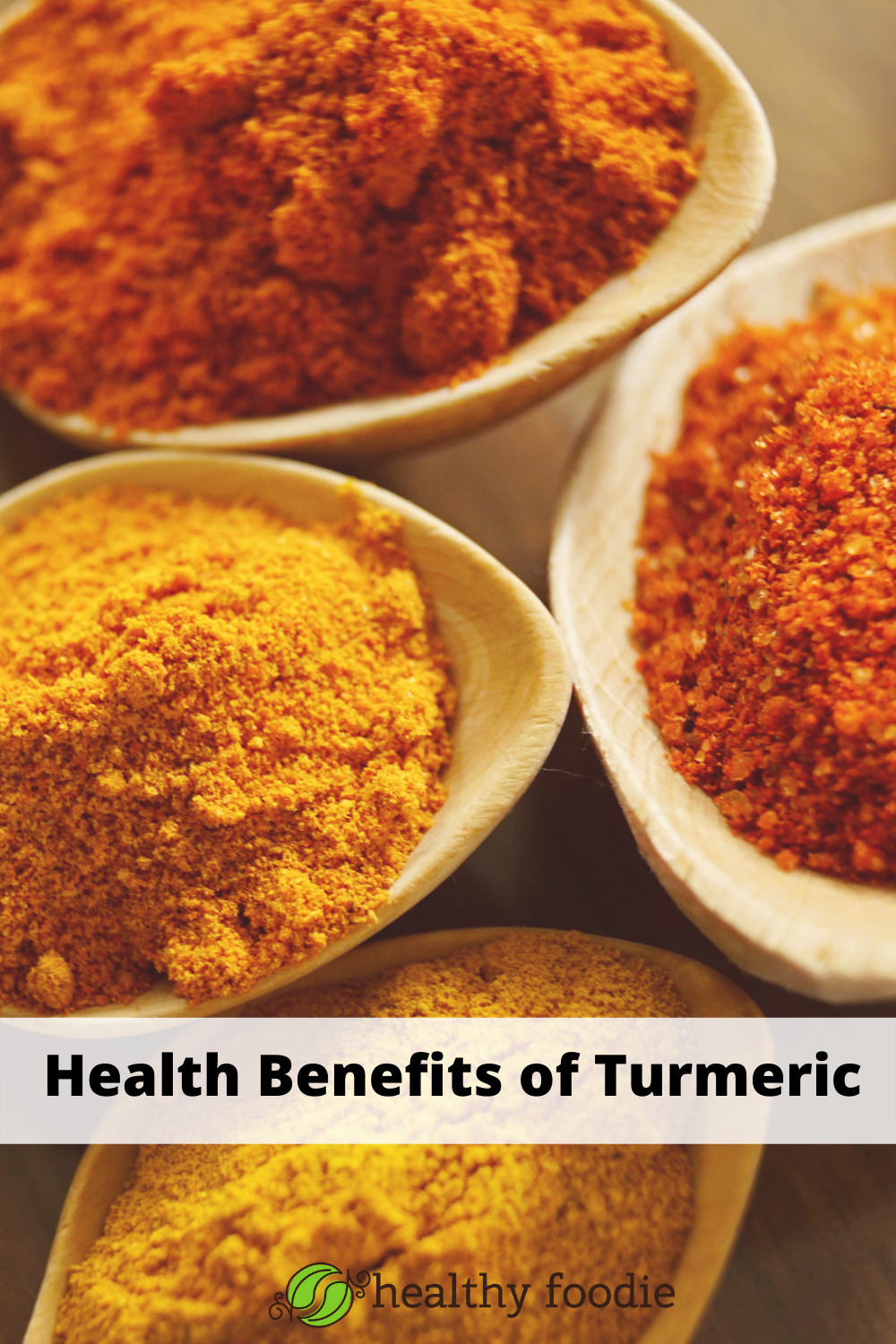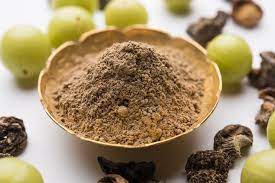What is Turmeric Used For?

Turmeric is a favorite spice in many different cultures. It’s also making its way into the mainstream in the West-in part because of its health benefits. Turmeric, which is made from the root of the Curcuma longa plant, has been used for centuries to treat a wide range of ailments. From cooking to beauty products, turmeric has become an all-around wonder spice that you should keep in your kitchen cabinet. Find out ways it can improve your health and answer the question what is turmeric used for?
As an Amazon Associate I earn from qualifying purchases. When you use the links on this page to make a purchase I may get a small commission and you may get a great bargain. It’s a win-win all around. Support my page and I can continue to provide great tips, recipes, reviews and lifestyle advice. Ask me how by clicking here!
7 Health Benefits of Turmeric

- Turmeric can be used as a natural remedy for inflammatory conditions, such as arthritis and ulcerative colitis.
- It contains antioxidants that can help prevent certain cancers, including prostate cancer.
- It works as a natural remedy for depression by helping to combat feelings of fear and anxiety.
- Turmeric is an excellent source of iron that can boost your energy levels.
- This spice has been shown to improve brain function, which also helps with mental health.
- It’s a powerful anti-inflammatory agent that may help lower cholesterol levels.
- Curcuma longa is known to help regulate blood sugar levels, making it an effective supplement for those with diabetes or who are at risk for developing Type II diabetes.
What is Turmeric Used For?
Turmeric is most commonly used for its anti-inflammatory properties. It can be taken as a supplement or consumed in foods like curries and tea. Some studies suggest that it may help with arthritis, diabetes, depression, Alzheimer’s disease, infections, osteoarthritis, heart disease, ulcers and more. Turmeric has also been found to have antioxidant properties. Antioxidants are important because they can reduce inflammation throughout the body and protect cells from damage.
Some of the most notable health benefits of turmeric are: Pain relief, Anti-inflammatory effects and Anti-cancer properties.

What is Turmeric Good For?
Turmeric is an important spice that can be used in the kitchen, but it’s also gaining acclaim for its health benefits. It has been used for centuries to treat a number of ailments, from arthritis to skin inflammation. Turmeric contains antioxidants and anti-inflammatory compounds that are thought to help with pain relief. Turmeric also contains curcumin which can increase levels of HDL cholesterol by as much as 12 percent. This is the “good” cholesterol that helps prevent heart disease. It’s also anti-clotting and anticoagulant-meaning it can help reduce blood clotting, which is good for those who suffer from hemophilia or other clotting disorders. Turmeric can also help with digestive problems, like irritable bowel syndrome (IBS). It may provide relief for painful menstrual periods, too. All of these benefits make turmeric worth keeping in your kitchen cabinet!
What Foods is Turmeric In?
Turmeric is a common ingredient in curry powder. It’s also found in mustard, soy sauce, and certain cheeses. There are some specific foods that have been linked with the health benefits of turmeric. In general, spices that contain turmeric tend to be rich in antioxidants and anti-inflammatory compounds. Turmeric is found in the superfood powder Golden Mellow. The following are some of the best recipes for incorporating this powerful spice:
Turmeric tea: boil water and add a pinch of turmeric and honey.
Curried cauliflower: sauté cauliflower with onions, garlic, ginger, cumin, coriander. Add a dash of garam masala and turmeric at the end.
Red lentil soup: simmer lentils with tomato sauce, onion, celery, garlic, parsley or cilantro, bay leaves, black pepper for about 20 minutes. Add salt to taste and garnish with fresh parsley or cilantro before serving.
Curried eggs: fry eggs in butter until cooked through; add salt and pepper. Add curry powder or garam masala and serve on top of rice or naan breads with chopped tomatoes and cucumbers on the side.

How long does it take to see results from taking Turmeric?
The majority of people who take turmeric see results within a few weeks. Most people report that they feel the effects immediately. If you’re not seeing any improvement after taking turmeric for a few weeks, try increasing your dosage to a daily dose of two tablespoons. Is it healthy to take turmeric every day? We recommend that you judge the safety of taking turmeric by discussing it with your healthcare provider. Turmeric could potentially interact with other medications, so it’s always best to ask your healthcare provider about any concerns before adding anything new to your diet. Most people report no side effects when using turmeric. Some people may experience stomach upset or diarrhea, but this typically goes away after taking the supplement for a few days. I take turmeric everyday and I have had no side effects.
Can Turmeric Burn Belly Fat?
Some people might be wondering if turmeric has any effect on weight loss. This spice contains a compound called curcumin, which is known to have anti-inflammatory properties. One 2008 study found that taking 1,500 mg of curcumin per day over four weeks resulted in less fat mass and lower levels of inflammation. Researchers aren’t sure how this works, though, so more research is needed! Turmeric is a spice that is said to have many health benefits. The health benefits of turmeric vary depending on the type you are taking, but there are many benefits, including relief from pain, depression, and other stomach issues. Turmeric is also used to promote weight loss.
Best Organic Turmeric Supplements
Himalaya Turmeric with Curcumin (this is the one I take and also Amazons Choice)
95% Curcuminoids Including Curcumin: Provides active support for joint movement. Supports mobility, flexibility and promotes circulation and immune activity around your joints and muscles so you can move freely. Non-GMO Verified & Plant Based: Does not contain ingredients of animal origin and is Non-GMO verified. No additives, artificial fillers or binders. Magnesium stearate free, gluten free, wheat free, corn free, soy free and dairy free, in a 100% vegetarian capsule.


MegaFood Turmeric Curcumin Extra Strength
A Powerful Array: Combines a blend of healthful compounds, whole foods, herbal antioxidants, holy basil leaf and extracts that support a healthy inflammation response. 475mg Of Curcumin Per Serving: With real, farm fresh turmeric root, pure turmeric extract and BioPerine (a patented black pepper extract) for improved absorption. Non-GMO Project Verified, tested for 125+ herbicides and pesticides, free of gluten, dairy, soy, Certified B Corp, Certified Glyphosate Residue Free, Certified Kosher. Made With Real Food, And Real Purpose: Premium supplements made with real food and added nutrients


Garden of Life mykind Organics Extra Strength Turmeric
Supports the body’s healthy inflammatory function and antioxidant response. 100mg curcumin from organic whole turmeric root – plus ginger root – both fermented to support bioavailability. Probiotics & organic black pepper extract for enhanced digestion. Nutrients from real foods using water extraction & clean tablet technology with 100% organic & non-GMO tablet materials – no soy or corn-derived ingredients or chemicals. Certified USDA Organic, Non-GMO Project Verified, NSF Certified Gluten Free, Certified Vegan & Kosher


This guide to turmeric should help you improve your health and learn what is turmeric used for. I enjoy turmeric and ginger tea on a regular basis to help with my inflammation. Click here to see the tea I use from amazon. Please leave a comment below if you have tried turmeric.









I was so happy to learn the curry has turmeric in it! I love curry!